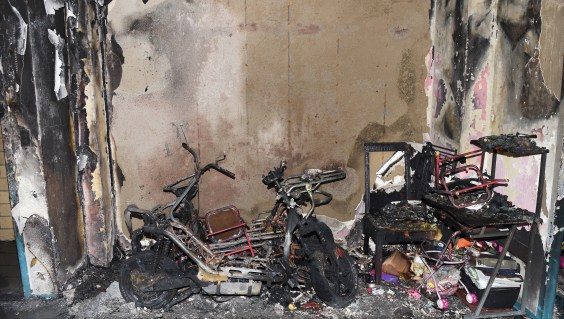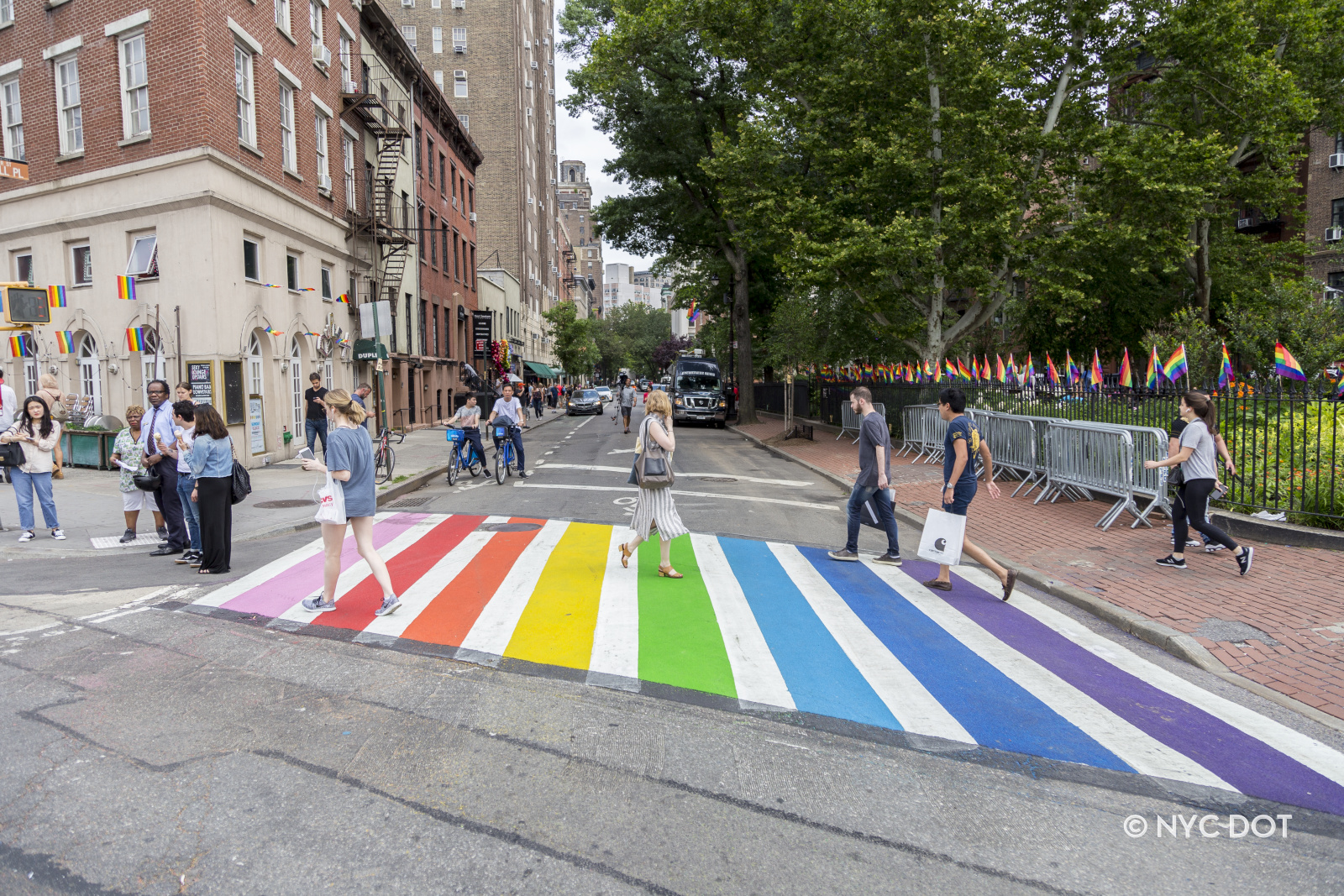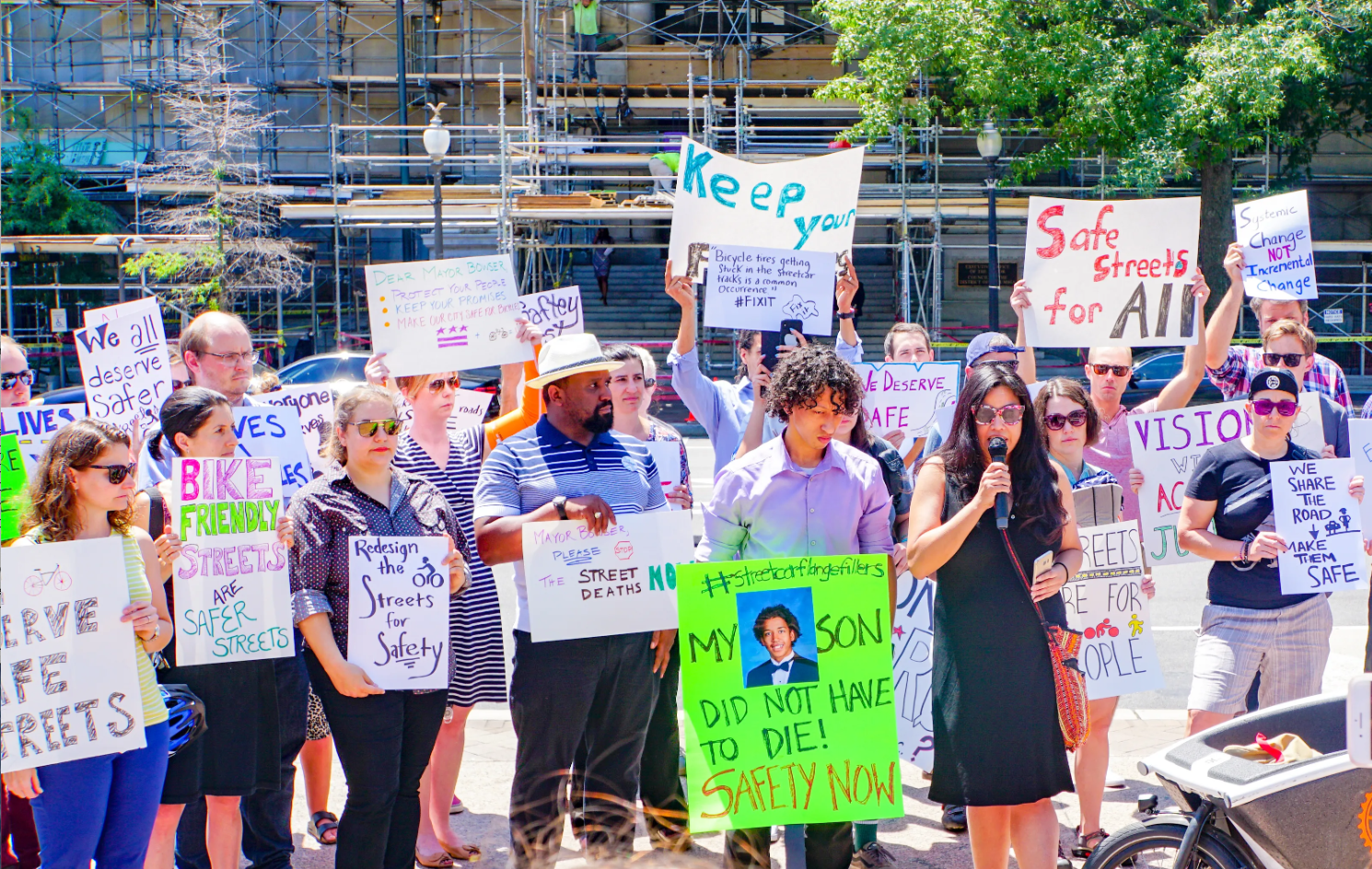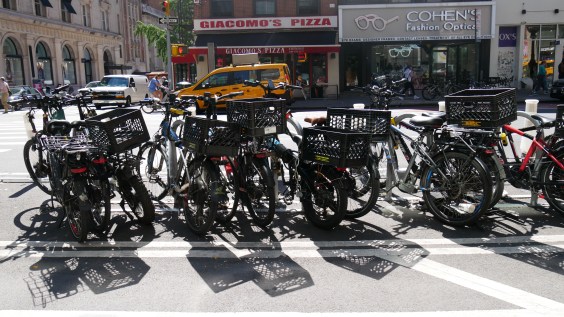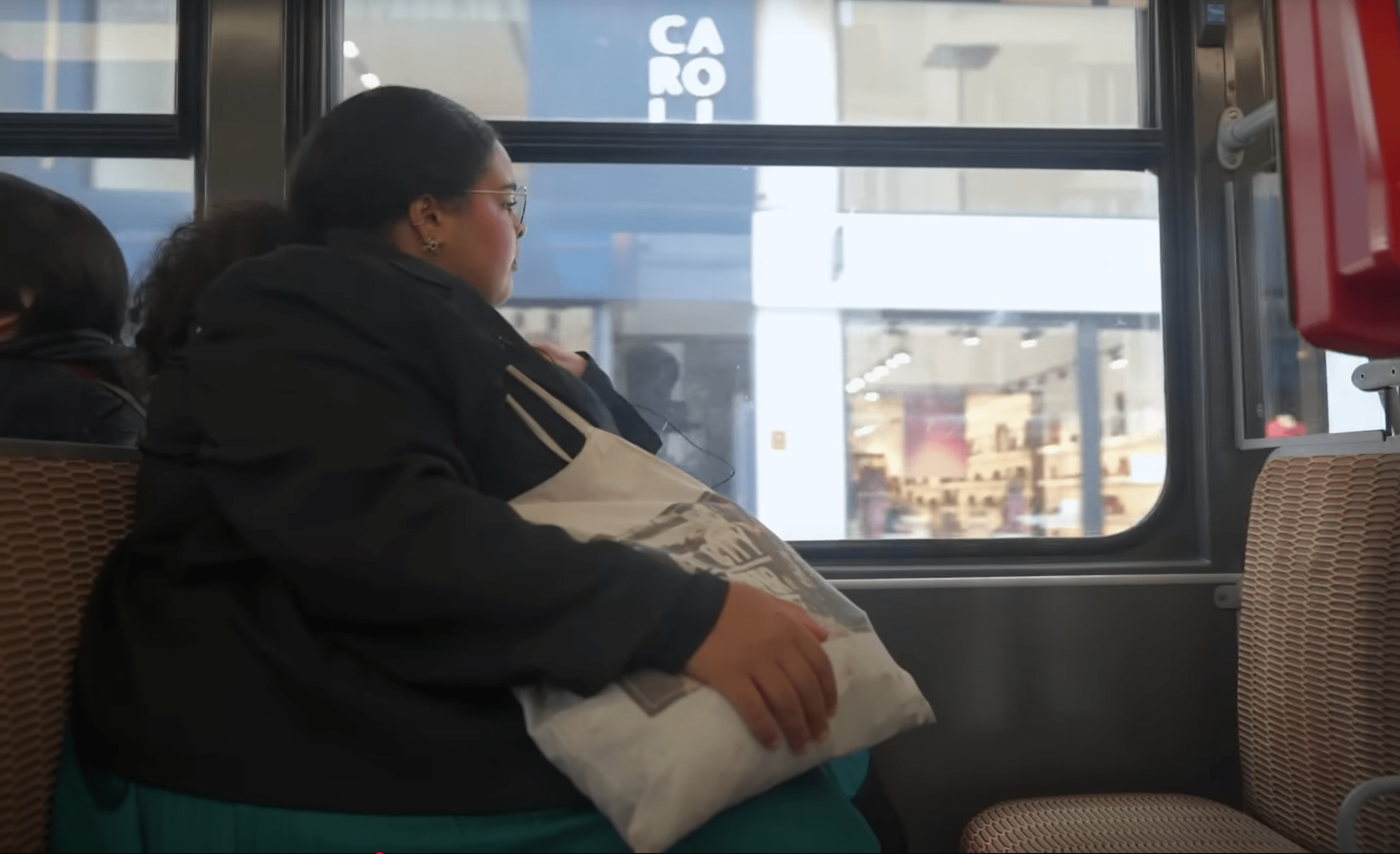Funding to make biking and walking safer has taken something of a beating in both the House and Senate transportation bills. The fate of the most significant federal bike-ped programs -- Safe Routes to School, Transportation Enhancements, and Recreational Trails -- is still very much in doubt. Under the Senate bill, passed Wednesday, local agencies would at least have greater access to the funds that remain for these programs. At last glance, the House bill completely obliterated dedicated bike-ped funding.

The uncertainty over bike-ped funding will continue as long as the House struggles to finalize its bill. At a panel discussion earlier this week, one GOP aide turned some heads when he characterized bike-ped issues as this year's "Bridge to Nowhere" -- that is, the poster child, in the eyes of his party, for wasteful spending. (The actual Bridge to Nowhere -- funded by an earmark in the 2005 transpo bill -- inspired the proposed ban on earmarks, which failed but was nonetheless observed in the current reauthorization efforts.)
As a comparison, it's absurd -- bike-ped infrastructure delivers tremendous value, dollar-for-dollar, compared to regular highways, let alone enormous boondoggles. Meanwhile, state DOTs continue to waste billions building highways that really do go nowhere.
Bike-ped spending is also minuscule compared to earmarks. "Earmarks made up something like 8 to 10 percent of the cost of an already substantial transportation bill," Darren Flusche, policy analyst at the League of American Bicyclists, told Streetsblog. "By contrast, bicycling and walking receive only 1.5 percent of federal transportation spending."
"For roughly the cost of the Bridge to Nowhere alone, communities across all fifty states built over one thousand Transportation Enhancements projects last year," Flusche added.
Members of Congress attacking the legitimacy of cycling infrastructure is nothing new. But the perception of street safety programs as unnecessary frills used to be something of a fringe position. Now it's the dominant view of the Republican majority.
Consider that all of these programs facing potential elimination were included in SAFETEA-LU, the $285 billion transportation bill adopted in 2005. That bill was passed by a Republican House and a Republican Senate, and signed into law by a Republican president.
The current GOP hostility to safe streets programs doesn't align with conservative values like efficient spending or decentralized decision making. After all, funding for bike-ped projects is highly sought after from local governments. "TE, SRTS and Rec Trails are the only programs where locals get a real look in on state transportation spending," said Flusche. That promise of local control was enough to get Thad Cochran, a conservative Republican from Mississippi, to co-sponsor a popular bike-ped amendment to the current Senate bill.
With representatives from both parties, as well as the president, exhibiting a pathological aversion to raising the gas tax, the fight over how to spend scarce transportation funding dollars is going to persist. And for the House GOP that seems to mean an entrenched opposition to funding cost-effective, locally-focused transportation projects.
A Democratic aide on the same panel said that although an amendment restoring bike-ped funding was defeated in committee, it would not be the last attempt made in the House. The debate will go on, and advocates for safer streets will keep on fighting.
